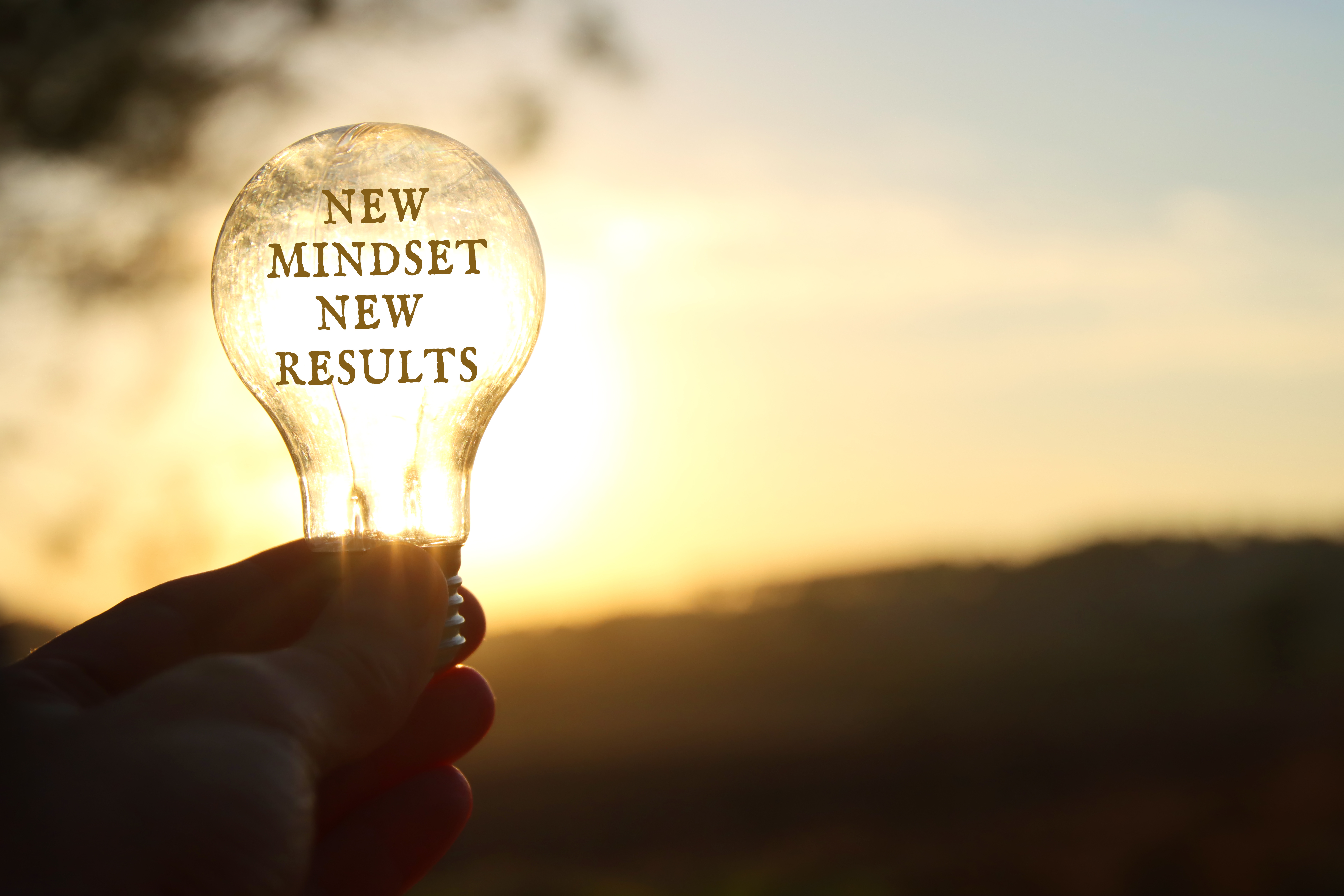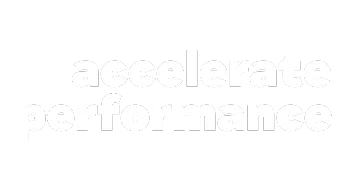We’ve Got You Covered

Lead Generation
Social media Ads, Google ads or totally free lead gen strategies; we have the tried & proven know-how to get you qualified leads that convert.

Social Media Management
Managing your socials doesn't have to be overwhelming. Save time on scheduling content and responding to comments and messages.

Content Creation
Whether you need blog posts, website copy, or social media updates, we can help you stand out from the pack and attract more customers.

Sales Funnels
We specialise in creating a custom funnels that fits your unique needs and helps you convert more leads into customers.

Reputation Management
With our Review Request System™, we can help you build a positive online presence and ensure that your customers see you as the best option.

SMS Marketing
Incredibly effective way to reach new customers, increase loyalty among current customers, and drive more sales at low cost. When done right.

Website Development
We'll work with you to create a website that reflects your unique brand and that will help you stand out from the competition.

Email Marketing
We'll help you create eye-catching emails that will grab your readers' attention, and turn it into action in form of more replies and sales.

NEW DATES: NLP PRACTITIONER COURSE - 19-22 & 28-30 JANUARY 2026 - CLICK HERE

Your Leadership Mindset Needs Work — Get Yourself a Coach | Accelerate Performance
Research reveals a striking gap between perception and reality. Whilst 96% of executives believe they demonstrate a growth mindset, only 45% of their employees agree. That's not a rounding error. That's a fundamental disconnect between how we see ourselves and how we actually show up.
Leaders collect frameworks like trading cards, nodding along to development programmes, then wondering why their teams aren't transforming.
The problem isn't the frameworks themselves.
It's treating mindsets like a checklist instead of a system.
The Integration Problem
Henry Ford had it right when he said, "Whether you think you can or think you can't, you're right." But that quote has been reduced to motivational wallpaper, stripped of its deeper truth about how our mental frameworks actually shape outcomes.
The nine mindsets framework, continuous learning, problem-solving, smart risk-taking, goal clarity, resilience, mentorship, health prioritisation, reliability, and gratitude, works because these elements reinforce each other. They're not isolated traits you can bolt on one at a time.
They're an operating system.
When leaders approach mindset development as a sequential process, picking one area to "fix" before moving to the next, they miss the compounding effect that makes these frameworks powerful. You can't develop resilience without taking smart risks. You can't maintain health as a priority without clear goals that help you say no to distractions.
The circular design of the framework isn't decorative. It's diagnostic.
Where Most Development Efforts Fail
Traditional leadership development focuses on knowledge transfer. You attend the workshop, learn the model, tick the box. But research from Duke University reveals that 40% of our time is spent on behaviours driven by habit, not conscious decision-making.
That's why the "always be learning and growing" mindset emphasises application over collection. I've met countless executives who can recite the latest leadership theories but struggle to translate them into daily practice. Their bookshelves are impressive. Their execution isn't.
The gap between knowing and doing is where most development initiatives die.
Goal-setting offers a clear example. Small businesses in Ghana increased production by 16% simply by implementing daily goal-setting practices, without any financial incentives. The structure itself drove performance. Yet most leaders set annual objectives, maybe quarterly reviews, then wonder why daily execution feels disconnected from strategic intent.
Consistency beats intensity every time.
The Mentorship Multiplier
Here's where the numbers get interesting. Seventy per cent of entrepreneurs who receive mentoring survive five years or longer, double the rate of those without mentoring. The ROI of executive coaching ranges from 500% to 700% in reliable studies.
But mentorship isn't about finding someone to tell you what to do.
It's about surrounding yourself with people who've navigated similar challenges and can help you see your blind spots. That perception gap I mentioned earlier, the disconnect between how executives view their growth mindset and how their teams experience it, doesn't fix itself through self-reflection alone.
You need an external perspective.
I've built my coaching practice on this principle. Real-world experience matters because theory without application is just an expensive conversation. When you're working with someone who's actually driven growth, managed teams, and dealt with the messy reality of execution, the insights land differently.
They're grounded in friction, not just frameworks.
Building Resilience Through Integration
The resilience mindset often gets reduced to "stay strong when facing challenges," as if mental toughness is something you can will into existence. But resilience develops through the integration of multiple practices.
You build resilience by taking smart risks and learning from failure. By maintaining health as a priority so you have the physical and mental capacity to weather storms. By finding mentors who can normalise the challenges you're facing. By practising gratitude, which rewires your brain to spot opportunities in difficult situations.
Seventy-four per cent of leaders struggle to maintain work-life equilibrium, and nearly 80% acknowledge work-related stress harms their physical health. Yet we keep treating these as separate problems requiring separate solutions.
They're not separate. They're interconnected.
The Daily Practice Reality
Duke's research on habit-driven behaviour points to a critical truth about mindset development. You don't transform through occasional intensive effort. You transform through daily consistent work aligned with clear goals.
This is where the "fix problems instead of complaining" mindset becomes practical rather than philosophical. Complaints are easy. They require no commitment, no vulnerability, no risk of failure. Solutions require all three.
When McKinsey studied growth leaders, they found that initial discomfort with accountability-focused practices gave way to increased entrepreneurial behaviour and a 25% increase in business year over year. The discomfort was the point. Growth happens at the edge of your current capacity, not within it.
Most leaders avoid that edge. They stay in the comfortable zone of strategic planning and high-level thinking, delegating the uncomfortable work of daily execution and accountability.
Then they wonder why transformation feels elusive.
Making It Actionable
The nine mindsets framework becomes powerful when you stop treating it as nine separate development areas and start seeing it as an integrated system. Here's what that actually looks like in practice.
Start with goal clarity. What are you actually trying to achieve, not just this quarter but in the next three years? Write it down. Make it specific. Then audit your daily habits against that goal. How much of your time is spent on activities that directly advance it?
Find a mentor or coach who's achieved something similar. Not someone who'll make you feel good about where you are, but someone who'll challenge your thinking and help you see the gaps between your perception and reality.
Build resilience by taking one smart risk each week. Something that makes you slightly uncomfortable but has a clear learning outcome regardless of success or failure. Track what you learn. Apply it.
Prioritise health not as an afterthought but as a performance strategy. You can't execute at a high level when you're running on empty. Sleep, exercise, and recovery aren't luxuries. They're competitive advantages.
Practice gratitude daily. Not as a feel-good exercise but as a way to rewire your pattern recognition. What worked today? What can you learn from what didn't? Who contributed to your progress?
Show up reliably. Follow through on commitments. Be on time. These seem basic, but they're the foundation of trust, and trust is the foundation of everything else.
The Real Transformation
After nearly 30 years of driving performance in organisations and coaching leaders to do the same, I've seen what actually creates lasting change. It's not the frameworks themselves. It's the integration of those frameworks into a coherent system that reinforces itself through daily practice.
The perception gap between how executives view their mindsets and how their teams experience them closes when development moves from theoretical understanding to practical application. When learning becomes doing. When mentorship becomes accountability. When resilience becomes daily practice rather than crisis response.
Your mindset shapes everything. But only if you're willing to see it as a system, not a checklist. Only if you're willing to close the gap between who you think you are and who you actually show up as.
That's where real transformation begins.

Your Leadership Mindset Needs Work — Get Yourself a Coach | Accelerate Performance
Research reveals a striking gap between perception and reality. Whilst 96% of executives believe they demonstrate a growth mindset, only 45% of their employees agree. That's not a rounding error. That's a fundamental disconnect between how we see ourselves and how we actually show up.
Leaders collect frameworks like trading cards, nodding along to development programmes, then wondering why their teams aren't transforming.
The problem isn't the frameworks themselves.
It's treating mindsets like a checklist instead of a system.
The Integration Problem
Henry Ford had it right when he said, "Whether you think you can or think you can't, you're right." But that quote has been reduced to motivational wallpaper, stripped of its deeper truth about how our mental frameworks actually shape outcomes.
The nine mindsets framework, continuous learning, problem-solving, smart risk-taking, goal clarity, resilience, mentorship, health prioritisation, reliability, and gratitude, works because these elements reinforce each other. They're not isolated traits you can bolt on one at a time.
They're an operating system.
When leaders approach mindset development as a sequential process, picking one area to "fix" before moving to the next, they miss the compounding effect that makes these frameworks powerful. You can't develop resilience without taking smart risks. You can't maintain health as a priority without clear goals that help you say no to distractions.
The circular design of the framework isn't decorative. It's diagnostic.
Where Most Development Efforts Fail
Traditional leadership development focuses on knowledge transfer. You attend the workshop, learn the model, tick the box. But research from Duke University reveals that 40% of our time is spent on behaviours driven by habit, not conscious decision-making.
That's why the "always be learning and growing" mindset emphasises application over collection. I've met countless executives who can recite the latest leadership theories but struggle to translate them into daily practice. Their bookshelves are impressive. Their execution isn't.
The gap between knowing and doing is where most development initiatives die.
Goal-setting offers a clear example. Small businesses in Ghana increased production by 16% simply by implementing daily goal-setting practices, without any financial incentives. The structure itself drove performance. Yet most leaders set annual objectives, maybe quarterly reviews, then wonder why daily execution feels disconnected from strategic intent.
Consistency beats intensity every time.
The Mentorship Multiplier
Here's where the numbers get interesting. Seventy per cent of entrepreneurs who receive mentoring survive five years or longer, double the rate of those without mentoring. The ROI of executive coaching ranges from 500% to 700% in reliable studies.
But mentorship isn't about finding someone to tell you what to do.
It's about surrounding yourself with people who've navigated similar challenges and can help you see your blind spots. That perception gap I mentioned earlier, the disconnect between how executives view their growth mindset and how their teams experience it, doesn't fix itself through self-reflection alone.
You need an external perspective.
I've built my coaching practice on this principle. Real-world experience matters because theory without application is just an expensive conversation. When you're working with someone who's actually driven growth, managed teams, and dealt with the messy reality of execution, the insights land differently.
They're grounded in friction, not just frameworks.
Building Resilience Through Integration
The resilience mindset often gets reduced to "stay strong when facing challenges," as if mental toughness is something you can will into existence. But resilience develops through the integration of multiple practices.
You build resilience by taking smart risks and learning from failure. By maintaining health as a priority so you have the physical and mental capacity to weather storms. By finding mentors who can normalise the challenges you're facing. By practising gratitude, which rewires your brain to spot opportunities in difficult situations.
Seventy-four per cent of leaders struggle to maintain work-life equilibrium, and nearly 80% acknowledge work-related stress harms their physical health. Yet we keep treating these as separate problems requiring separate solutions.
They're not separate. They're interconnected.
The Daily Practice Reality
Duke's research on habit-driven behaviour points to a critical truth about mindset development. You don't transform through occasional intensive effort. You transform through daily consistent work aligned with clear goals.
This is where the "fix problems instead of complaining" mindset becomes practical rather than philosophical. Complaints are easy. They require no commitment, no vulnerability, no risk of failure. Solutions require all three.
When McKinsey studied growth leaders, they found that initial discomfort with accountability-focused practices gave way to increased entrepreneurial behaviour and a 25% increase in business year over year. The discomfort was the point. Growth happens at the edge of your current capacity, not within it.
Most leaders avoid that edge. They stay in the comfortable zone of strategic planning and high-level thinking, delegating the uncomfortable work of daily execution and accountability.
Then they wonder why transformation feels elusive.
Making It Actionable
The nine mindsets framework becomes powerful when you stop treating it as nine separate development areas and start seeing it as an integrated system. Here's what that actually looks like in practice.
Start with goal clarity. What are you actually trying to achieve, not just this quarter but in the next three years? Write it down. Make it specific. Then audit your daily habits against that goal. How much of your time is spent on activities that directly advance it?
Find a mentor or coach who's achieved something similar. Not someone who'll make you feel good about where you are, but someone who'll challenge your thinking and help you see the gaps between your perception and reality.
Build resilience by taking one smart risk each week. Something that makes you slightly uncomfortable but has a clear learning outcome regardless of success or failure. Track what you learn. Apply it.
Prioritise health not as an afterthought but as a performance strategy. You can't execute at a high level when you're running on empty. Sleep, exercise, and recovery aren't luxuries. They're competitive advantages.
Practice gratitude daily. Not as a feel-good exercise but as a way to rewire your pattern recognition. What worked today? What can you learn from what didn't? Who contributed to your progress?
Show up reliably. Follow through on commitments. Be on time. These seem basic, but they're the foundation of trust, and trust is the foundation of everything else.
The Real Transformation
After nearly 30 years of driving performance in organisations and coaching leaders to do the same, I've seen what actually creates lasting change. It's not the frameworks themselves. It's the integration of those frameworks into a coherent system that reinforces itself through daily practice.
The perception gap between how executives view their mindsets and how their teams experience them closes when development moves from theoretical understanding to practical application. When learning becomes doing. When mentorship becomes accountability. When resilience becomes daily practice rather than crisis response.
Your mindset shapes everything. But only if you're willing to see it as a system, not a checklist. Only if you're willing to close the gap between who you think you are and who you actually show up as.
That's where real transformation begins.
Let our happy customers tell their story
We think our courses and coaching are great, but our customers should have the last word. Here is a selection of endorsements.

Accelerating Your Performance Every Day
Accelerate Performance is on a mission to enable people and business to achieve great things through Advisory, Coaching, Consulting, Executive Leadership Development, and Training. .
© Copyright 2013 - 2025 - Accelerate Performance
Made with ♥ In London, GB
